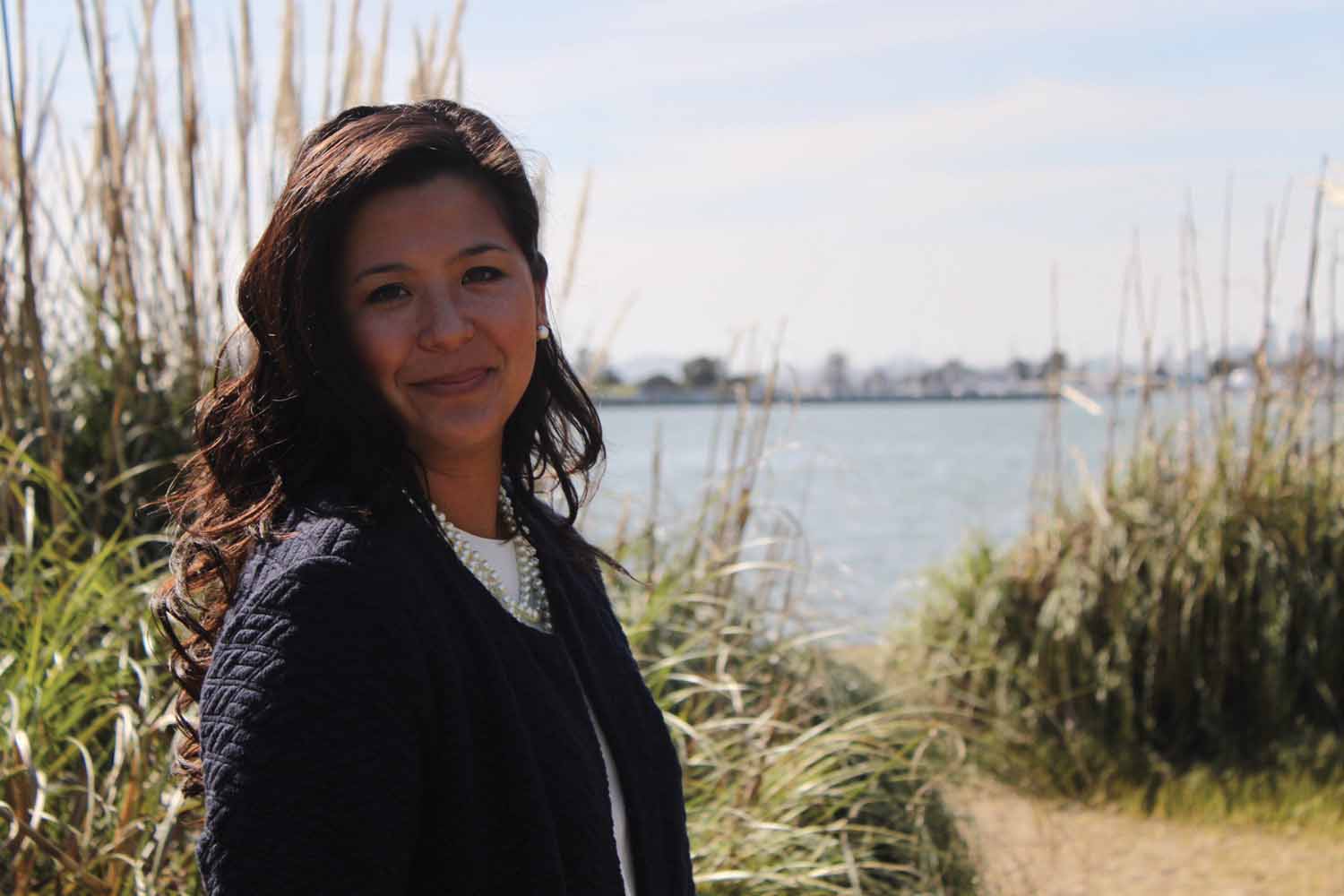
MALIA Vella, the current vice mayor of Alameda, California, is vying to be the first Filipina American elected to the state Legislature.
A workers’ rights attorney and adjunct professor of practice at Mills College, Vella is now running in the special election for the 18th Assembly District seat, which became vacant after Rob Bonta assumed office as the state’s attorney general in April. (Bonta’s wife Mia, president of the Alameda Unified School Board, is also among the eight candidates in the race.)
The primary for the district seat, which also covers Oakland and San Leandro, is scheduled for June 29 and the special election is set for August 31.
With grandparents from the Philippines and Japan, Vella was born in Alameda and grew up in San Leandro. She moved back to her place of birth after law school and has chosen to raise her two young children there. The shortage of housing in the city, as well as families being pushed out by increasing rent, prompted her to run for the city council in 2016, becoming the city’s first Filipina councilmember.
In an interview with the Asian Journal, Vella shares how her experiences as a working mother and councilmember have prepared her for higher office and what it will take to get more Asian American/Fil-Am women elected to office.
Asian Journal (AJ): During your time on the city council, what are some of the issues you’ve had to address?
Malia Vella (MV): I’ve worked a lot on housing issues — preventing homelessness and everything from building affordable housing to building workforce housing for our school district employees and our teachers, making sure that we have good career pathways and jobs that pay a living wage so that people can afford to live here. One of the first votes I had was turning Alameda into a sanctuary city and providing services for our most vulnerable.
During COVID-19, I’ve really been focused on making sure that we’re doing all those things relative to the pandemic so making sure that people have a just recovery and that we aren’t leaving folks behind. On a local level, we’ve enacted a moratorium on rent increases and evictions for non-payment of rent for folks, who through no fault of their own, experienced income loss. Then, making sure we had PPE for our health care workers and our vulnerable community members and then ensuring that our small businesses — especially businesses owned by our immigrant, AAPI and BIPOC community members — are getting assistance because they might not qualify for programs like the Paycheck Protection Program and so it might be these local grants that keep their businesses open. I was happy to take a lead on that.
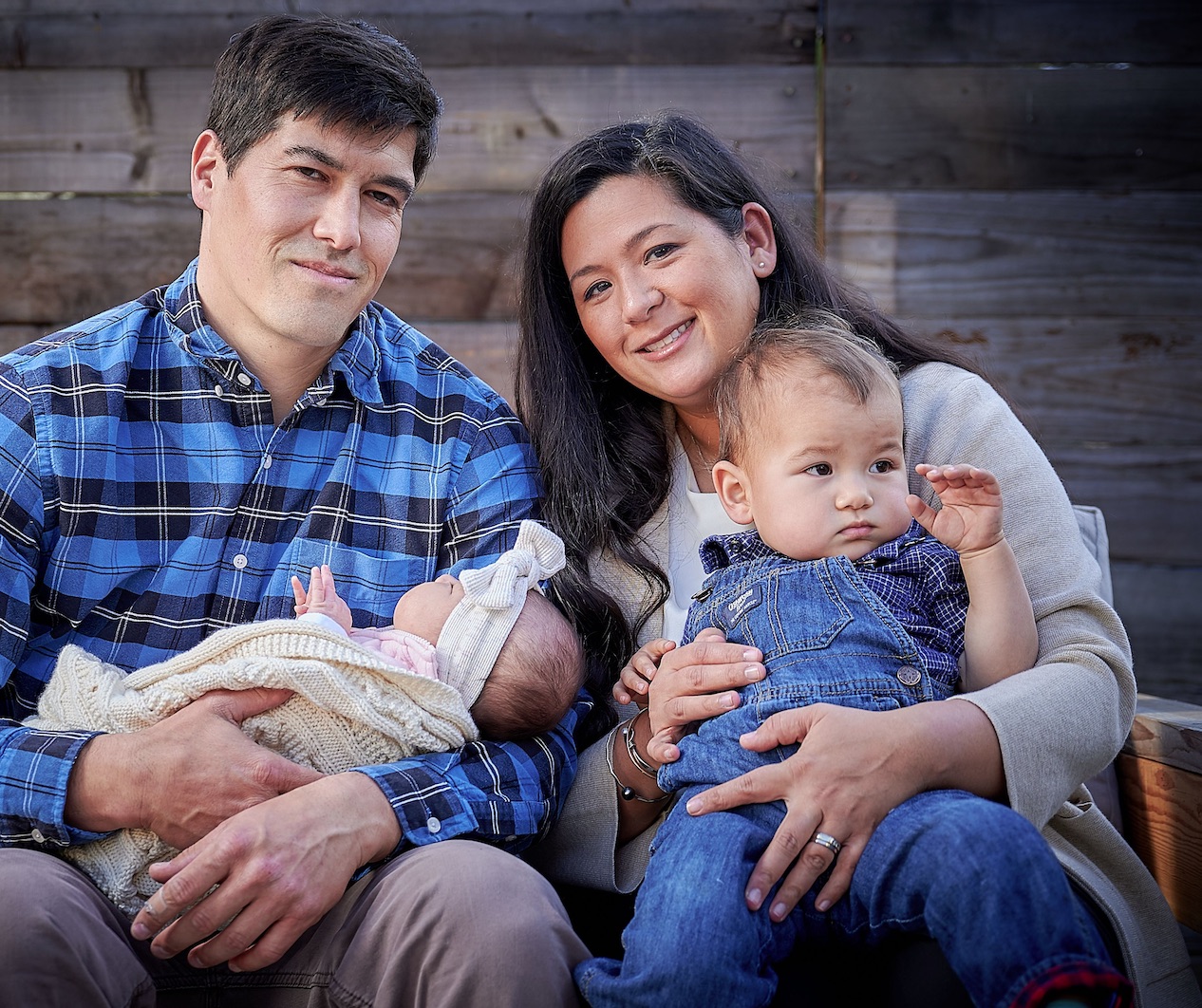
AJ: With the Assembly seat vacant, at what point did you know you would run and that this would be the next step for you in your public service career?
MV: I wasn’t expecting the seat to open up so soon. Obviously, it was a happy thing having our attorney general be Rob Bonta, a member of the Fil-Am and AAPI community. He’s been mentoring me for many years. In fact, he had asked me to run in 2014 for city council and I had said no. Then in 2016, he asked me again and supported me. Over the years, I’ve done legislative trainings that really work to get qualified AAPIs in the pipeline for higher office, so it was in the back of my mind, but it wasn’t something I was necessarily planning on as I had just run for reelection to city council.
But it’s a tremendous opportunity for working families and for AAPIs, knowing that there has not been a Democratic AAPI woman in the Legislature and there’s never been a Filipina. It’s great that Rob became AG but now we have no Filipinos in the Legislature. Through conversations, I decided, ‘If not me, then who?’ I think it’s really important that if we want to see change that we are willing to do our part. If we want to see representation, when we have the opportunity to represent our community, we really have to live up to it and fight for it and do it. That’s why I decided to run.
AJ: How was campaigning been so far, as things are beginning to open up? What kinds of conversations are you having with constituents?
MV: I ran a full pandemic campaign this past fall where we couldn’t walk and knock. All I could do was lit drop, make phone calls or text so it’s really nice to be back out there to talk to voters as they want that human interaction and face-to-face conversations. I’ve been walking in Oakland, where it’s changing by the minute and portions are getting gentrified. People are having the same conversations that I was having in 2016 about where do they go and what happens to their family. At the end of the day, the conversations are 1) they don’t know there’s an election, 2) they don’t necessarily know about the state Assembly or the Legislature and what it does, and 3) the issues haven’t changed as people are concerned about housing, health care and can take care and provide for their families. These are really basic things and the pandemic has really exacerbated them.
AJ: Especially in your district, which is home to many communities of color, what are they saying the Legislature can do better on law enforcement, public safety and the whole racial justice aspect?
MV: Ultimately we’re starting to have the bigger conversation of ‘How do we keep us safe?’ We’re seeing this in places like Chinatown where the traditional model of policing hasn’t really been effective, right? We also have that layered with the rise in hate crimes and what does that mean for small businesses especially in places like Oakland’s Chinatown.
We’re starting to have these conversations about how we shift resources and how do we respond more effectively and efficiently? I don’t believe in talking in hashtags so I think we really need to think about what this conversation is. In many ways, it’s about right sizing our budgets to match our needs and to make sure we’re providing the safety net and social services that people need. Once we do that, we can really make our communities what we want them to be instead of being so reactive. We’re having this conversation in the city of Alameda about how to provide mental health responders instead of armed responses. We’re starting to reimagine how we can do policing — there’s a place for this at the state level and a need for community oversight and input.
AJ: You mentioned Oakland Chinatown and we’ve seen the various videos and hate reports that have come out of there, especially in the past year. What can the Assembly do to address this and lessen the hate and divisiveness?
MV: I think part of it is that we need to be seen. There’s a certain degree of claiming our space, claiming our visibility and saying we’re here and making sure we’re not ‘othered.’ This goes hand in hand with reimagining policing because we know that the police have been militarized and weaponized against communities of color. We are not always comfortable picking up the phone and calling police. We saw this with the death of Angelo Quinto where the family did call but they didn’t get the services they were looking for and unfortunately, their son was murdered. We need to talk about cultural competency, making sure that our services that we’re providing have that degree of competency and working with our communities to show that we want the same thing to have a safe community and be able to exist without fear.
AJ: For this Assembly campaign, are there any challenges you’re facing right now?
MV: A lot of people are underestimating me and this campaign. I think this happens oftentimes as Asian American and Pacific Islander woman how much more we have to do to prove ourselves. There’s a bias against us that we’re supposed to be demure or not be outspoken so for my campaign and for many other groups, we are breaking these stereotypes that exist. I think people need to think a little more before they ask those unfair questions or make assumptions about who I am or what this campaign is about. I’m really proud to say that we’ve been out fundraising all of our opponents. We are out doing the work. I’m in it to win it.
AJ: You also bring a perspective as a descendant of immigrants from the Philippines and Japan. Can you share more about your family background?
MV: My grandfather joined the U.S. Navy at 16 and it’s a story of many of us and our ancestors share. He lied about his age and fought in many wars, everything from World War II to Vietnam. He served for decades and got his U.S. citizenship, not through military service, but through marriage to my grandmother who grew up on a pineapple farm in Moloka’i [in Hawaii] working in her family laundry. I take and carry that with me — that knowledge of what my ancestors have had to do and the fact that they have been the backbone of the United States. We talk about the surge in Asian violence and it’s based on this foundation of being othered and excluded and being taken advantage of through codified laws that have existed for centuries. My grandmother used to say that the reason she wanted to be a landlord was because she wanted to provide housing to other people because she carried that through her whole life that people wouldn’t rent to her when she needed housing.
Those are the types of things that inform my fight for housing as a human right and access to health care. I think about what my grandparents have had to do to be able to provide for their children — my mother was the first person in her family ever to go to college and graduate. I was the first person to get a higher degree when I went to law school. There’s this saying that ‘I am my ancestors’ wildest dreams.’ With that comes a responsibility to live up to our heritage, to be more than just proud of it but to really live up to it and make the most of all the opportunities we’ve been granted through the struggles of our relatives and our ancestors.
AJ: You’ve spoken about the need for leadership and representation that is reflective of the experiences of Californians and the state’s history. What will it take to get more AAPI women and Filipina women in various positions, whether it’s school board, city council or the Legislature?
MV: It’s all connected. We need to provide affordable, accessible childcare because we know women pick up more of the household tasks. I hope everyone now understands how difficult caring and educating children is and that we need to start funding that so women have the time and ability to serve. We also need to take the opportunity to really see AAPI women when we do decide to step up and we need to support it. There are a lot of folks that have gone out there and said, ‘I want to see an AAPI Democratic woman in the state Legislature.’ And yet, I am running for this seat right now and the Asian Pacific Legislative Caucus has yet to endorse my campaign. I am the top fundraiser, I’ve got a credible campaign and I have a number of endorsers and yet, not a single man in that caucus has endorsed my campaign. We have to call this out and ask, ‘Why not?’ We can’t be what we can’t see. That’s why I’ve personally invested, supported and uplifted other AAPI women when they have run for office. [Editor’s note: Following this interview, Vella received the endorsement of the California Asian Pacific Islander Legislative Caucus on Thursday, May 20.]
This interview has been lightly edited and condensed for clarity.


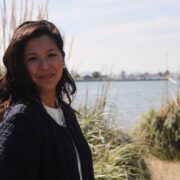
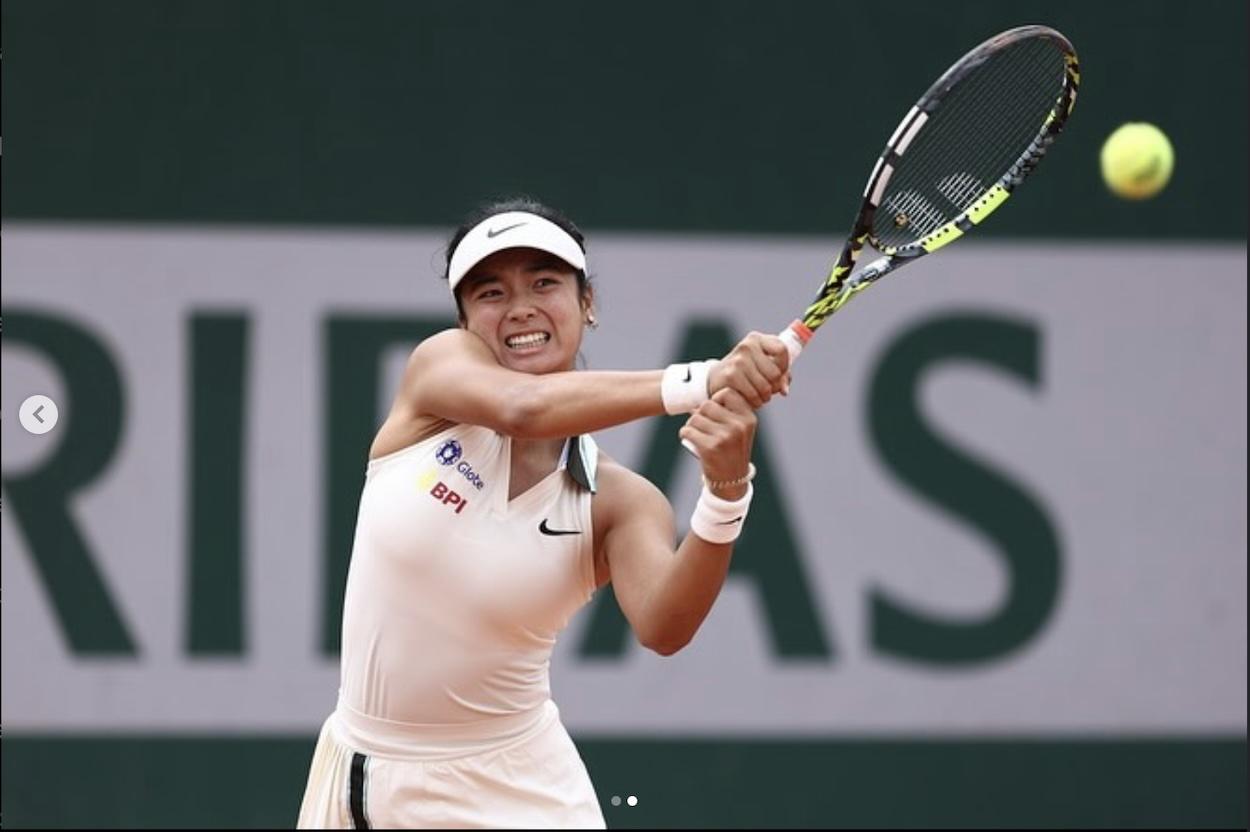

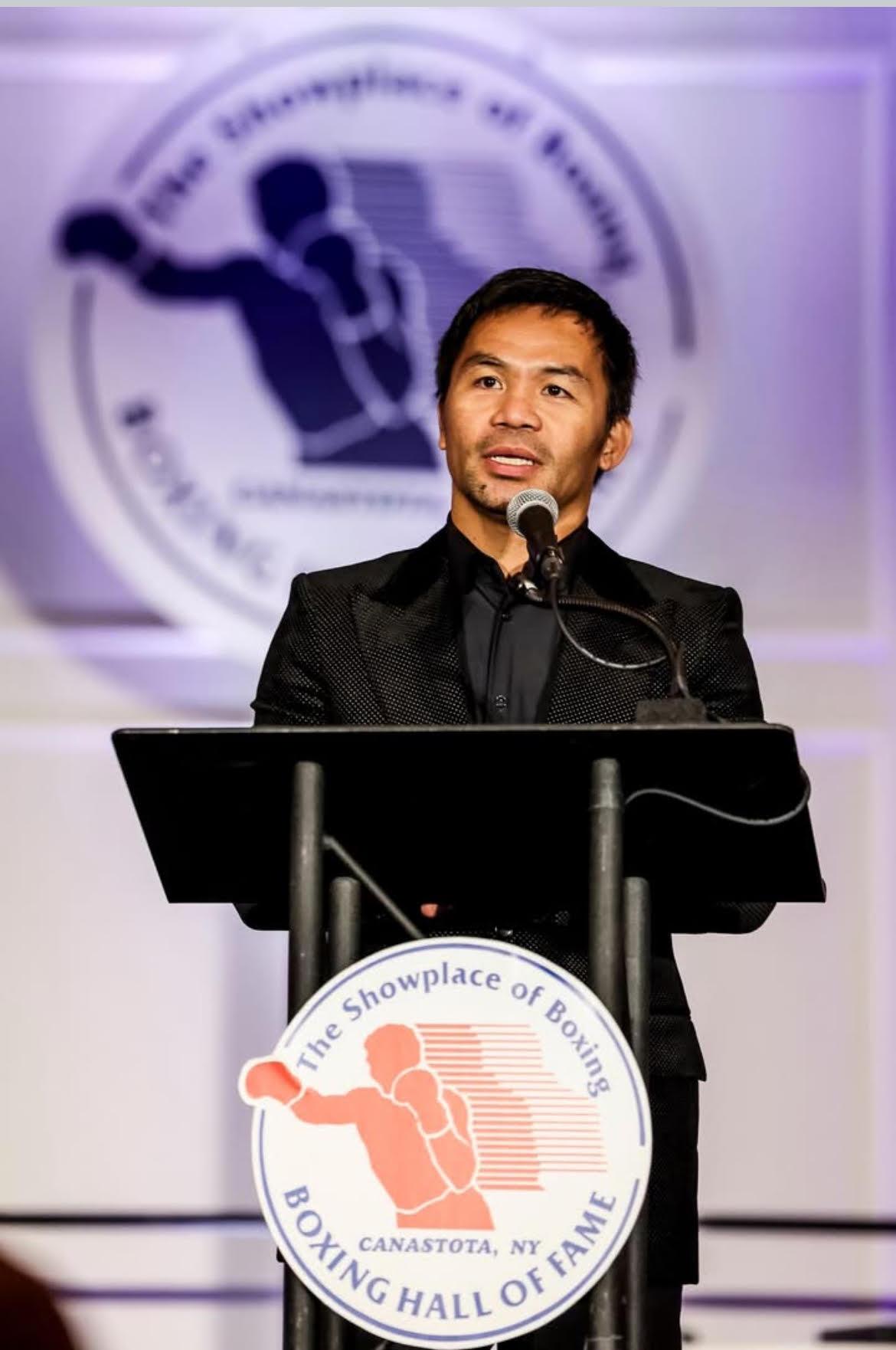

Malia Vella isn’t the only AAPI candidate. Do you plan to interview Janani Ramachandran?